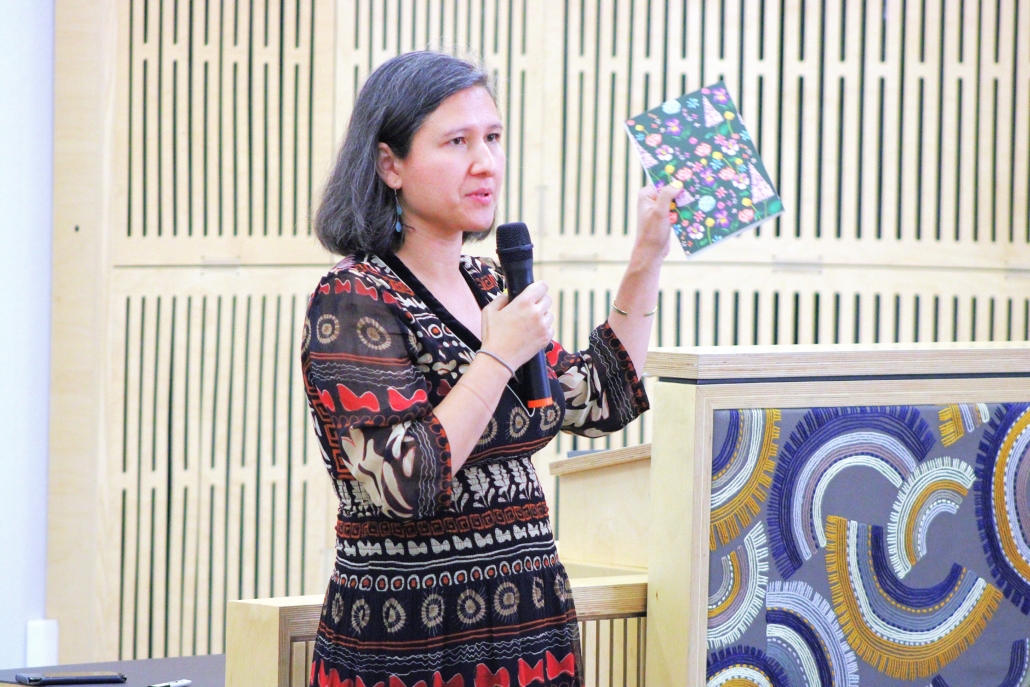Ambassador Delphine O discusses feminist foreign policy at Future Africa
Future Africa recently hosted Ambassador Delphine O, Ambassador-at-large and Secretary-General of the Generation Equality Forum at the French Ministry of Foreign Affairs, for a guest lecture on the relevance of Feminist Foreign Policy (FFP) in today’s global and digital context.
Drawing from France’s experience since adopting FFP in 2019, Ambassador O described it as a policy approach that places gender equality and the rights of women and girls at the centre of all foreign policy decisions. She emphasised that FFP also seeks to integrate gender considerations into areas not traditionally viewed through a gender lens, such as trade, international security, and climate diplomacy.
She noted that policy decisions often have different impacts on women and men, even when they appear gender neutral. FFP challenges this by encouraging governments to consider how every policy may affect gender outcomes.
Ambassador O also addressed the growing challenge of technology-facilitated gender-based violence. She pointed to the widespread prevalence of online abuse and raised concerns about the use of artificial intelligence to produce harmful content, such as non-consensual deepfakes, without regulatory oversight.
She highlighted global initiatives aimed at addressing these issues, including the GRIT (Gender Rights in Tech) programme in Cape Town, which develops multilingual chatbots to assist victims of cyber violence. These digital tools offer critical support tailored to local languages and cultural contexts.
A key concern raised during the lecture was the increasing removal of gender-inclusive language, such as references to gender, intersectionality, and LGBTQI+ rights, from international agreements. Ambassador O called for stronger global cooperation to protect these principles and underscored the importance of supporting grassroots feminist organisations, which often face resource and registration barriers. Despite recent funding efforts, the scale of demand for such support remains significant.




